To ensure food security, the Edo State Government is collaborating with stakeholders so as to remove obstacles in accessing arable land for food production in line with Governor Godwin Obaseki-led administration’s Making Edo Great Again (MEGA) Agenda.

Governor Obaseki disclosed this at the Edo State Access to Land Workshop held in Benin City, the state capital, with the theme, “Value Proposition for Sustainable Arable Land in Edo State.”
Join our WhatsApp ChannelRepresented by the Secretary to the State Government (SSG), Osarodion Ogie Esq, Obaseki said the Russia/Ukraine crisis has intensified the need to boost agricultural production especially in critical commodities, a feat that can mostly be achieved through access to land for food cultivation.
The address at the event was delivered by the Permanent Secretary in the SSG Office, Barrister Deborah Enakhimior.
According to Obaseki, “Land access remains crucial as the bedrock upon which agricultural production rests. Land access has consistently been identified as a key constraint to the expansion of agricultural production and productivity in Edo State in particular and in Niger Delta in general.”
“Food security, agricultural self-sufficiency and rural development is a priority for us. To facilitate this, the state has provided the needed support to investors in Edo State with allocation of 65,000-hectares of land to eight oil palm investors. We have also facilitated activities in crop production clusters across the state and have entered into partnerships for development of livestock.
“We have embarked on the restructuring of the Edo State College of Agriculture, Iguoriakhi and also facilitated a collaboration between GIZ SEDIN with the Ministry of Agriculture and Food Security to develop a workable agricultural policy in the state. There is also the CBN 5-Star Cassava Project, which would boost cassava production in the state.”
Chairman of the Edo State Arable Land Committee and Managing Director, Edo State Investment Promotion Office, ESIPO, Mr. Kelvin Uwaibi noted that Nigeria has about 34 million hectares of arable land which should be sufficient to make the country food self-sufficient and a major supplier of food in the world.
He lamented low productivity in the agricultural sector, noting that the state is taking deliberate measures to boost cultivation of food and cash crops in the state.


Victor Ezeja is a passionate journalist with seven years of experience writing on economy, politics and energy. He holds a Master's degree in Mass Communication.

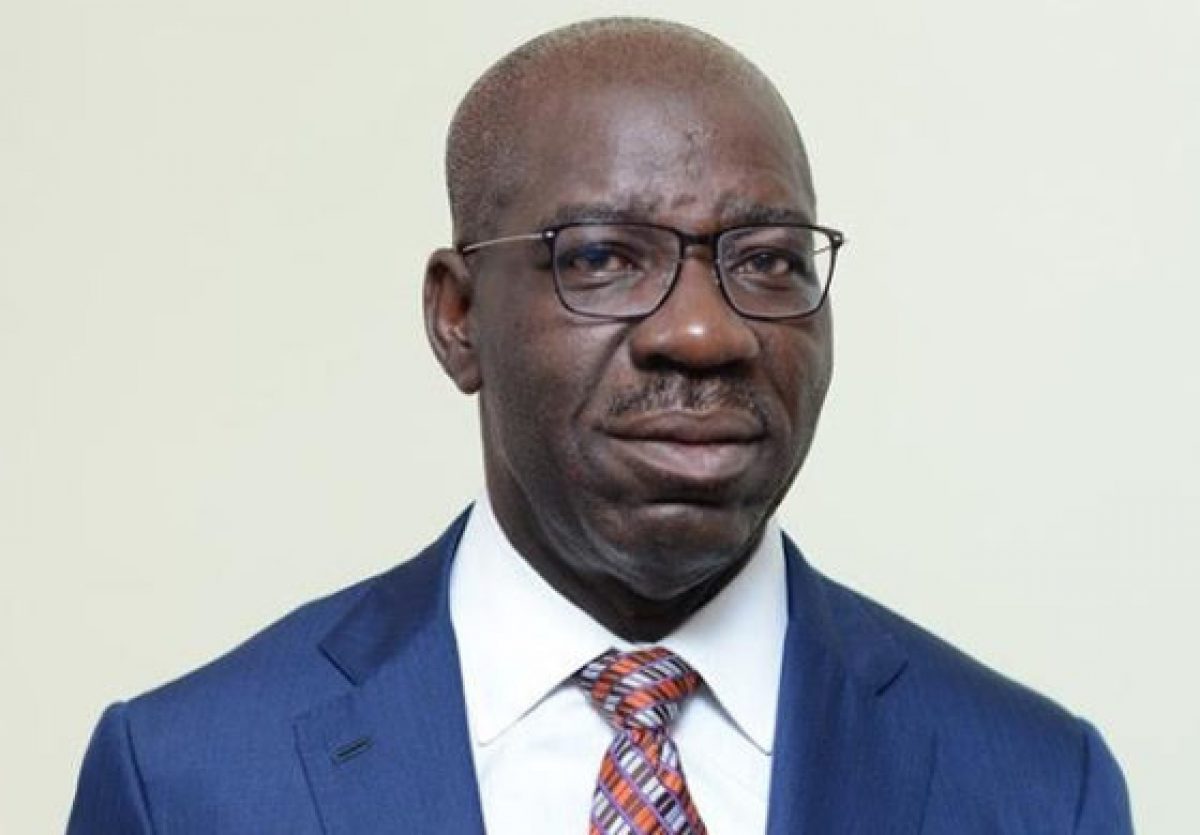



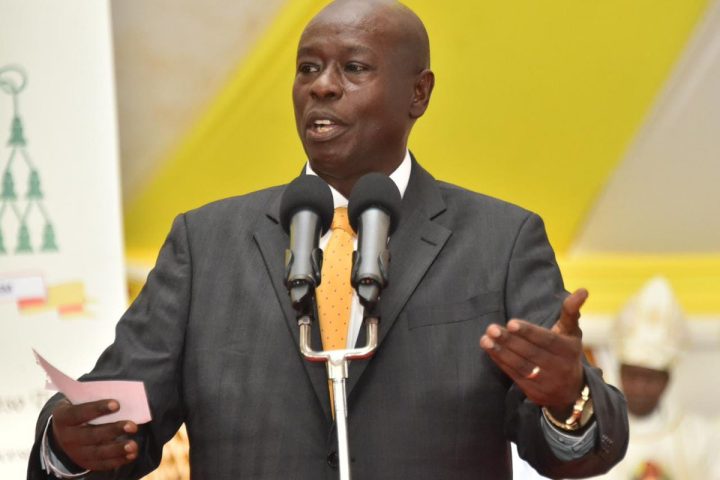


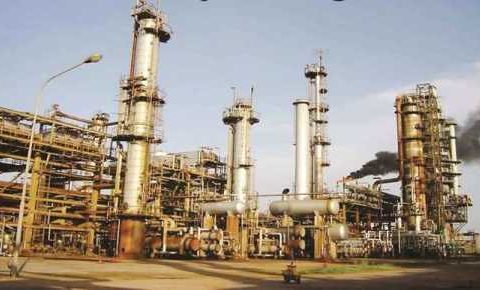
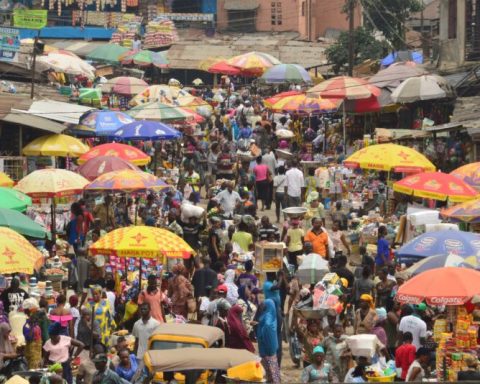







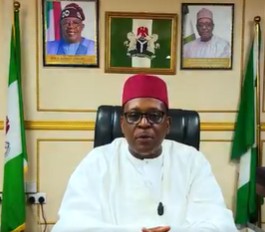
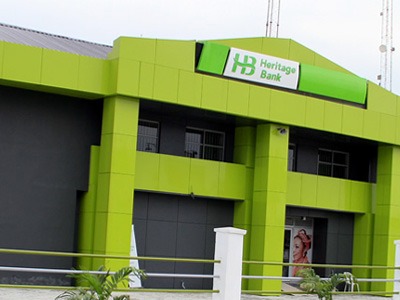

Follow Us